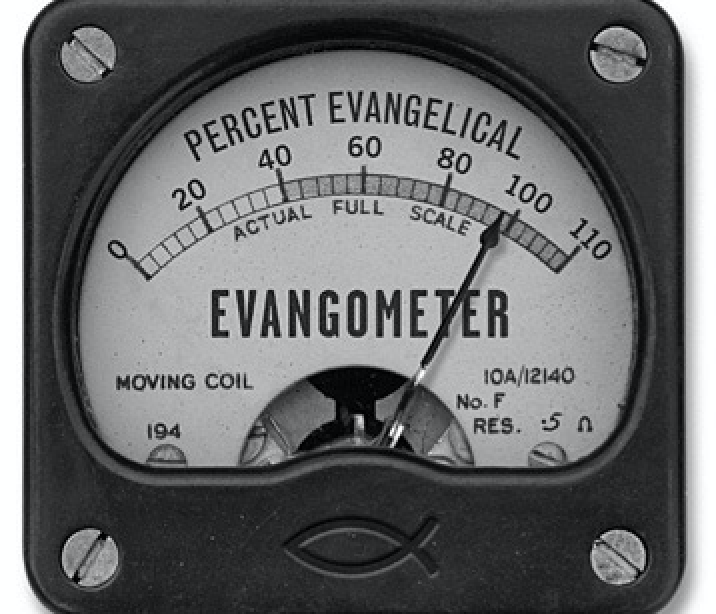I absolutely love specific, symbolic details in Big Picture stories based on trends in statistics and culture.
During what we could call America’s “Divided We Fall” era (let’s hope that it passes), there are all kinds of ways to illustrate the tensions between blue citizens and red citizens. NPR recently did a feature — “Americans are fleeing to places where political views match their own“ — that had a great cultural detail way down in the script that suggested there’s more to this divide than politics.
The key fact: In the 2020 election, Joe Biden “won 85% of counties with a Whole Foods and only 32% of counties with a Cracker Barrel.”
What was missing in this fine, must-read story? It’s that issues of faith, morality and culture have just as much to do with America’s blue-red schism as politics. As the old saying goes, partisan politics is downstream from culture. If you have doubts about that, check out this GetReligion commentary on the classic 2003 “Blue Movie” essay in The Atlantic. Author Thomas B. Edsall observes:
Early in the 1996 election campaign Dick Morris and Mark Penn, two of Bill Clinton's advisers, discovered a polling technique that proved to be one of the best ways of determining whether a voter was more likely to choose Clinton or Bob Dole for President. Respondents were asked five questions, four of which tested attitudes toward sex: Do you believe homosexuality is morally wrong? Do you ever personally look at pornography? Would you look down on someone who had an affair while married? Do you believe sex before marriage is morally wrong? The fifth question was whether religion was very important in the voter's life.
Respondents who took the "liberal" stand on three of the five questions supported Clinton over Dole by a two-to-one ratio; those who took a liberal stand on four or five questions were, not surprisingly, even more likely to support Clinton. The same was true in reverse for those who took a "conservative" stand on three or more of the questions.
Note the religion question in that mix. Thus, the Big Idea in this Edsall essay?
According to Morris and Penn, these questions were better vote predictors—and better indicators of partisan inclination—than anything else except party affiliation or the race of the voter (black voters are overwhelmingly Democratic).
The new NPR piece, while stressing politics, does contain a few killer cultural details. The religious elements of the story? There are hints, but that is all.










